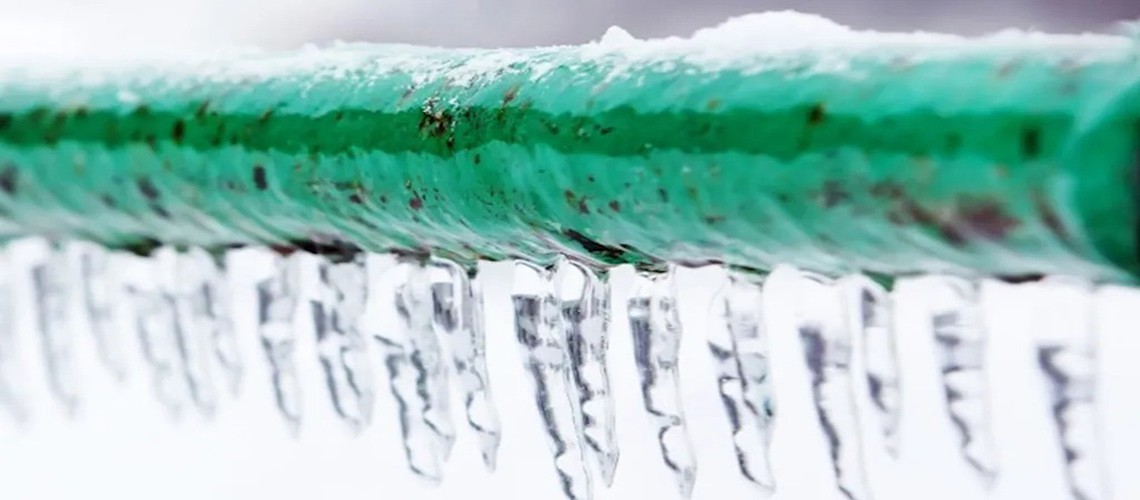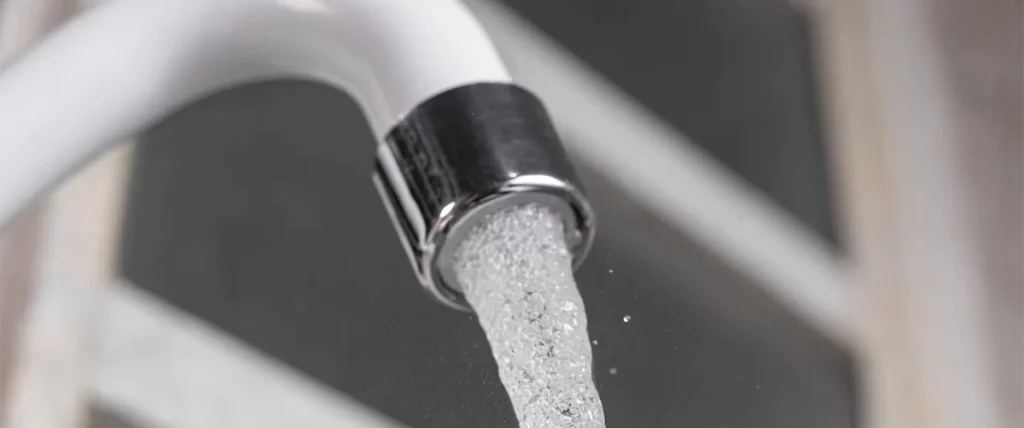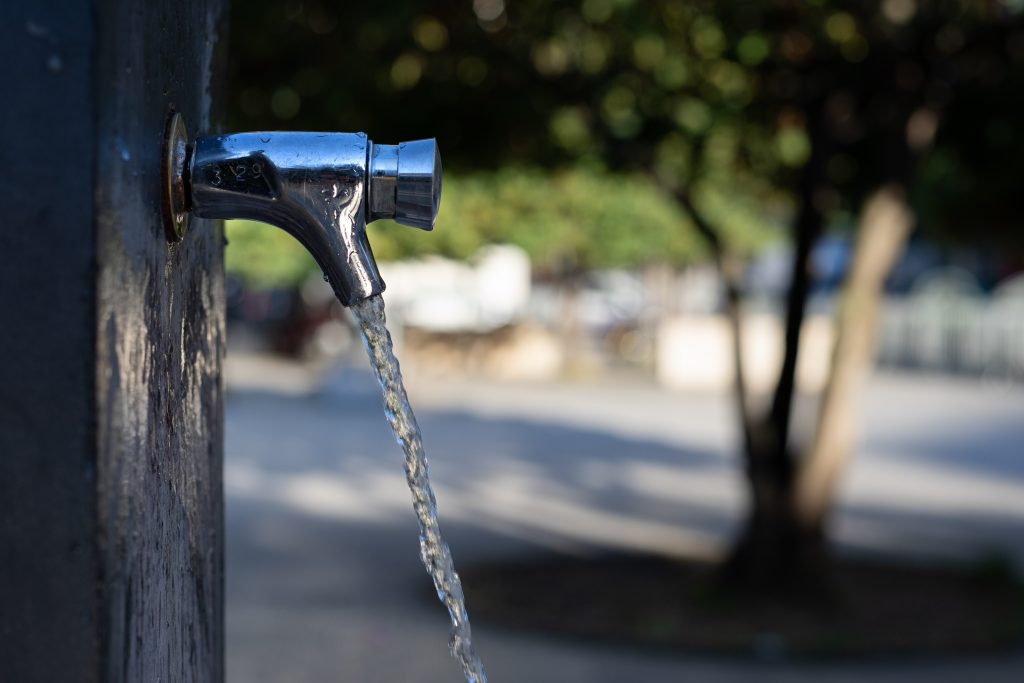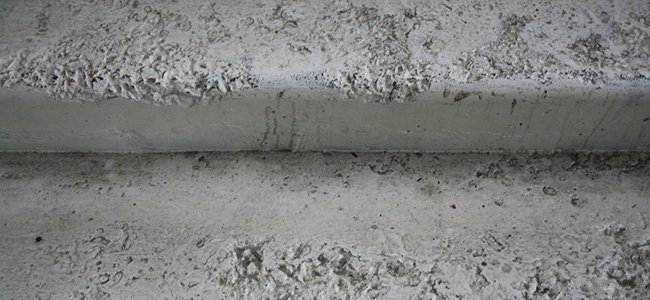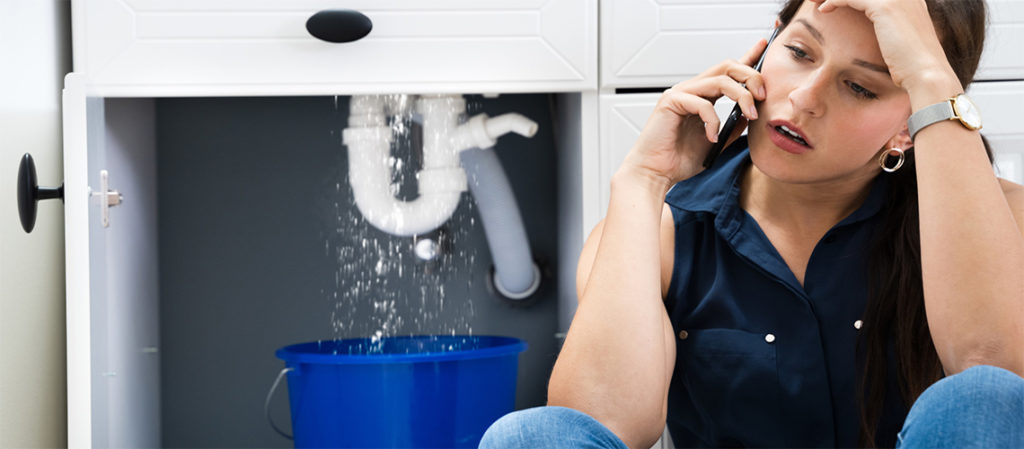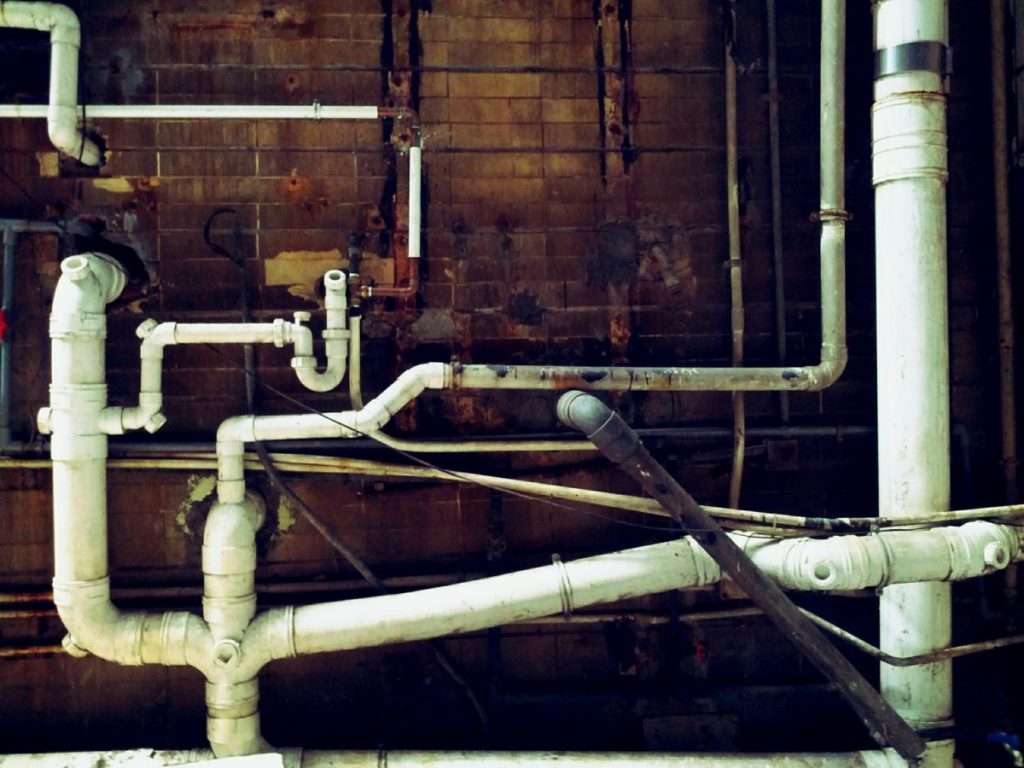Winter frosts are a severe reason that will contribute to the fact that you stay in the house. You cannot worry about freezing in your apartment and relax in a warm and cozy atmosphere with hot tea and an exciting book. But your apartment can only sometimes protect you from the winter cold because it is exposed to the harmful effects of low temperatures.
Severe frosts and freezing pipes in winter – a common phenomenon faced by many residents of apartment buildings. Over time, this problem can damage the communication system more if you need to learn how to prepare for winter properly and how to keep pipes from freezing. As a result, they can burst, leading to even more problems. If the gap scale is quite large, then being in the apartment will be impossible, and the tenants will have to look for a new residence.
It is necessary to protect your body and your apartment from frosts. If the cold weather is approaching, and you need to learn how to protect your home from the adverse effects of frost, then our article is helpful. We will tell you what provokes pipes freezing in winter and how you can prevent it.
Contents
The leading causes of freezing and bursting of pipes
When the temperature drops to low critical values outside, the water inside the pipes in the apartment begin to freeze, turning into ice. In the solid aggregate state, water increases in size. As a result, the ice begins to press on the walls of the pipes from the inside. If this pressure is relatively high, the pipe may burst, and water will begin to leak through it. If the pressure is critically high, it can cause water to pipes burst inside the apartment. Such a problem is not immune to pipes – it can happen with plastic and metal products.
But the solid cold outside is not the main factor that provokes freezing pipes in the apartment. Poor room heating and lack of or ill-conceived insulation also contribute to the problem. To freeze pipes in the house, the influence of three factors is enough:
- sudden temperature spikes outdoors;
- unsatisfactory insulation of utilities;
- installation of a thermostat at a low temperature which is insufficient for warm airflow inside the room.
Freezing of water inside a pipe causes its expansion. Expansion leads to a break, and from the cracked pipe begins to flow water, flooding all around rapidly. Most often, those pipes freeze in the room closest to the cold – in a room without heat (attic, basement, garage). It also applies to pipes in the kitchen cabinets or those that pass through the outside system that does not have sufficient insulation. If the temperature during the day is relatively low or even colder at night, there is a reasonably good chance that the pipes will freeze. Further bursting of utilities can lead to significant losses.
How to prevent pipes from freezing: expert tips
For many college students or those who often go on business trips, the risk of frosty pipes in the apartment is the last thing that bothers them when they return from vacations, vacations, or long trips. At the same time, many people are okay with saving money by turning off the apartment heating in their absence. It is not uncommon that upon their return, many are faced with the fact that their pipes are frozen due to the effects of severe cold. At the same time, there are effective ways to stop my apartment pipes from freezing. If you are interested in this topic, we recommend reading the following practical tips.
№ 1: Keeping your apartment at an optimal temperature
How do I stop my apartment pipes from freezing? You can start by keeping the apartment at an optimal temperature all the time. That way, you can significantly reduce the risk of a pipe freezing or bursting. The optimal thermostat temperature is 55 degrees or more.
№ 2: Insulate and worry about insulating your pipes
Preventing your apartment pipes from freezing can also be done with proper insulation. In this situation, it is worth first examining the house’s open pipes and checking their insulation quality. If proper insulation is not provided, it is worth worrying about sufficient pipe insulation. It can be made of a variety of materials. In particular, you can create another insulating layer around the existing one by wrapping the material around the pipe.
In addition, it is worth considering the presence of thermal insulation in the area where the pipes are installed. For example, it is worthwhile to insulate the basement so that the cold will not penetrate the room and cause additional problems with the pipes.
No. 3: Don’t prevent dripping faucets
When the temperature outside your home drops precipitously, it’s easy to prevent freezing water in the pipes inside your apartment by allowing small drips to flow from every faucet in the house. That said, many people may be concerned about their utility bills. But the money that will have to be spent on this preventative measure is negligible compared to the damage that a burst pipe can cause. It applies not only to the cost of replacing a burst pipe but also to things ruined by the effects of water.
No. 4: Make sure warm air can circulate safely through the pipes
The pipes going to the faucets get a reasonably small amount of warm air because they are confined. It is these communications that freeze most often. To prevent this from happening, you should periodically open the doors of kitchen cabinets and the bathroom under the sinks – where the pipes pass. This way, you can provide access to warm air to warm the pipes.
How to Prevent Frozen Pipes
Here’s a table with preventive measures to avoid frozen pipes, along with descriptions for each:
| Preventive Measure | Description |
| Insulate Pipes | Use foam pipe insulation to cover exposed pipes, especially those in unheated areas. |
| Seal Leaks | Find and seal leaks that allow cold air inside, especially where pipes run through walls. |
| Keep Garage Doors Closed | Keep garage doors closed if there are water supply lines in the garage. |
| Let Faucets Drip | Allow the faucet to drip slightly to prevent pressure buildup from freezing. |
| Keep Thermostat Consistent | Keep the thermostat set to the same temperature day and night to prevent a freeze. |
| Open Cabinet Doors | Open cabinet doors to allow warmer air to circulate around plumbing, especially under sinks. |
| Apply Heating Tape | Apply electrical heating tape directly to easily accessible pipes as a temporary solution. |
| Drain Water Systems | Before freezing temperatures, drain water from the swimming pool and sprinkler supply lines. |
Implementing these measures can significantly reduce the risk of pipes freezing during cold weather, protecting your home from potential damage.
How to Solve Frozen Pipes
If you didn’t do timely pipe freezing prevention, or if not enough effort was put into it, your pipes can still freeze. Even if this has happened, do not panic. Frozen pipes do not have to immediately burst and splash out water if you quickly take specific actions. In this situation, you can act in different ways:
- defrosting the pipes yourself;
- calling a professional craftsman.
If you see that your pipes are frozen (frost has formed on them, the water flows very severe or does not flow at all from the tap, the temperature outside has dropped below freezing, and the house is off the heat), you can try to defrost them yourself, while they still have time to break. In this situation, you can use any source of heat. At home, you can use a hair dryer to warm the pipe and gently defrost the ice inside. But under no circumstances should you start an open fire. Or call a plumber. The sooner you solve the problem, the lower the likelihood of burst pipes. Even if the pipe looks intact, you should inspect it for cracks through which water can leak.
FAQ about the prevention of freezing pipes in the apartment: effective ways
Apartment pipes can freeze when the temperature drops below freezing, causing the water in the pipes to expand and potentially burst the pipes. This can cause significant damage to your apartment and can be costly to repair.
You should aim to keep your apartment heated to at least 55 degrees Fahrenheit to prevent pipe freezing. Make sure that your heating system is working properly and that all vents and registers are clear and unobstructed.
If your apartment pipes freeze, turn off the water supply and open faucets to relieve pressure. Then, use a hair dryer or space heater to thaw the pipes. Do not use an open flame or electric heater to thaw pipes, as this can be dangerous.
Yes, long-term solutions include adding insulation to pipes, sealing gaps and cracks in walls and ceilings, and installing heating tape or cables to keep pipes warm.
In most cases, landlords or property managers are responsible for ensuring that pipes are properly insulated and protected from freezing temperatures. However, tenants can also take steps to prevent frozen pipes and should report any concerns to their landlord or property manager.
Some common ways to prevent apartment pipes from freezing include keeping your apartment heated, opening cabinet doors to allow warm air to circulate around pipes, and letting faucets drip slowly to keep water moving through the pipes.
Yes, leaving your faucets dripping slowly can help prevent pipe freezing by keeping water moving through the pipes. This can also help relieve pressure in the pipes and prevent them from bursting.



